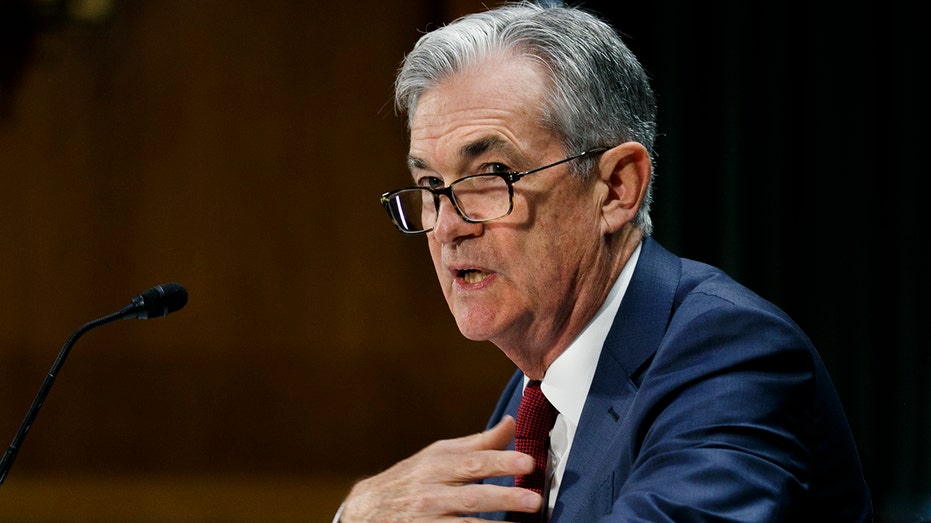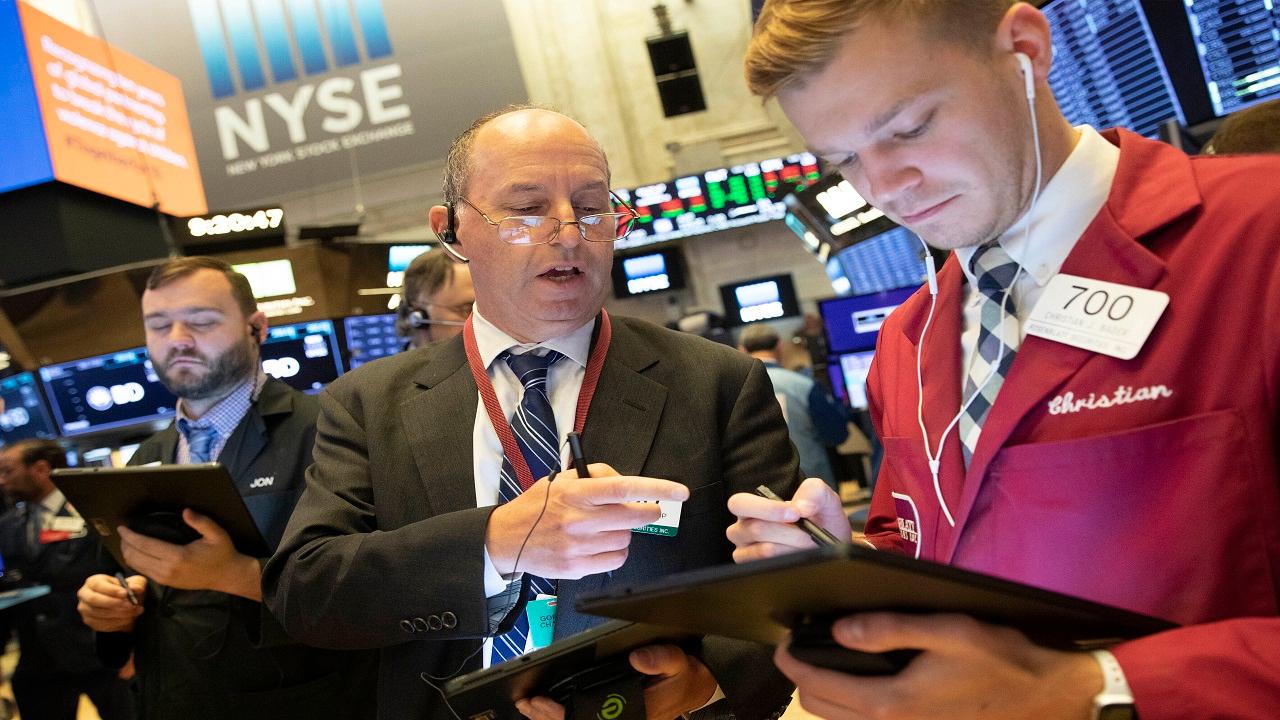Fed rate cut unlikely to save markets, UBS says: 'It's not the '90s'
Don’t count on a Federal Reserve interest rate cut to lift the stock market anymore, UBS said in a note to clients on Tuesday.
According to the note, since the U.S. central bank began easing borrowing costs in mid-July — the first time policymakers cut interest rates since the financial crisis more than a decade ago — reduced rates have caused the S&P 500 to go lower.
“Fed rate cuts are not likely to fuel equities higher as they did in the 1990s,” Francois Trahan said in the note. “The Fed-easing rallies of the 1990s were made possible by a strong inverse correlation between interest rates and P/Es. This relationship no longer exists today.”
Over the past few months, new developments in the 15-month long U.S.-China trade war have roiled financial markets. Recession fears continued to bubble up on Tuesday, when the ISM September Manufacturing Index slipped to 47.8, a 1.3 percentage point drop from August — a concerning occurrence, Trahan said, because ISM falling below 50 has been synonymous with S&P 500 earnings growth turning negative.
Despite the darkening economic outlook, consumer confidence has remained persistently high. But Trahan attributed that to the widespread belief among investors that if U.S. economy does begin to slow, the Fed can step in and save it by slashing interest rates.
While lowering borrowing costs used to boost the equity market, that correlation no longer exists, Trahan argued.

“Despite two rate cuts now, stocks have followed in the same direction as interest rates,” he wrote. “Given the relationship between these two series, we would expect further rate cuts to be consistent with a struggling equity market as we saw in 2001 and again in 2007-08.”
About 62 percent of traders are pricing in the chance of a third, 25-basis point reduction at the Fed’s upcoming Oct. 30 meeting, according to the CME’s FedWatch tool.




















